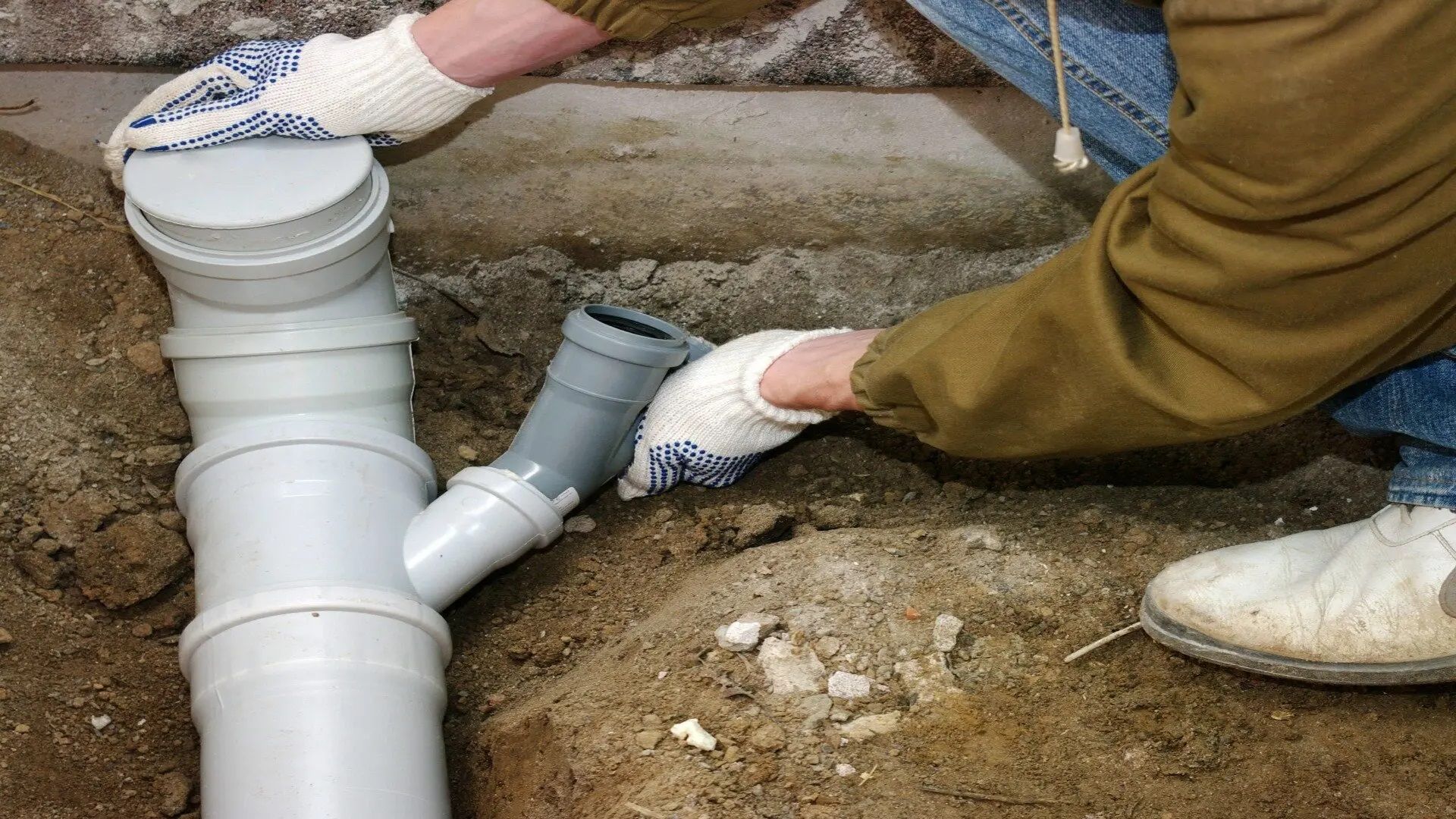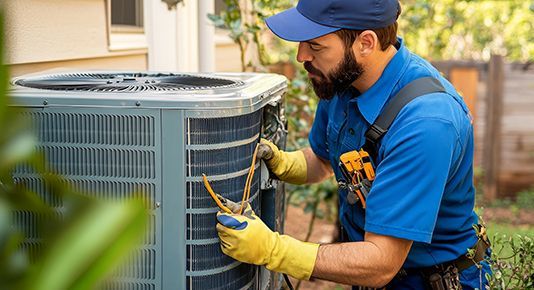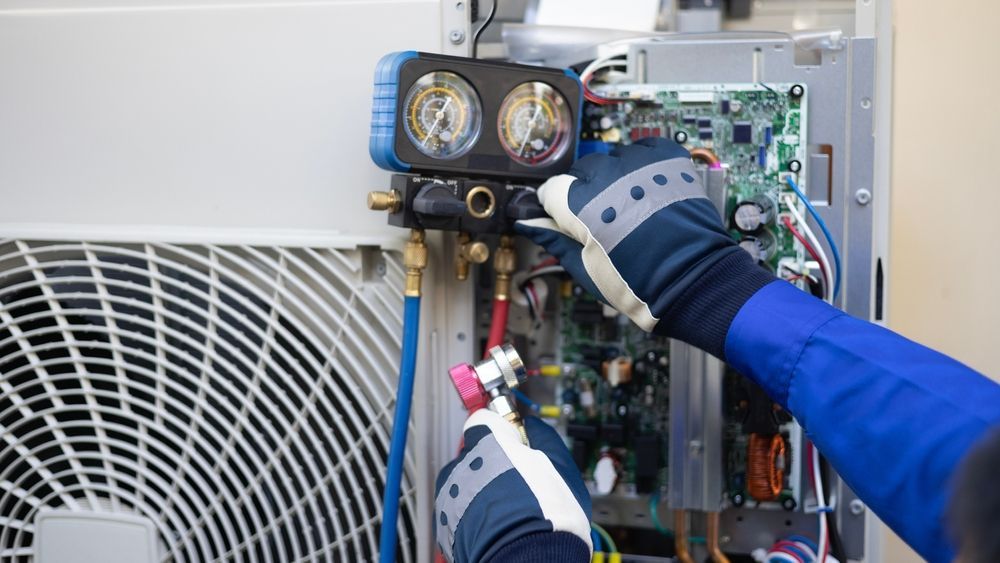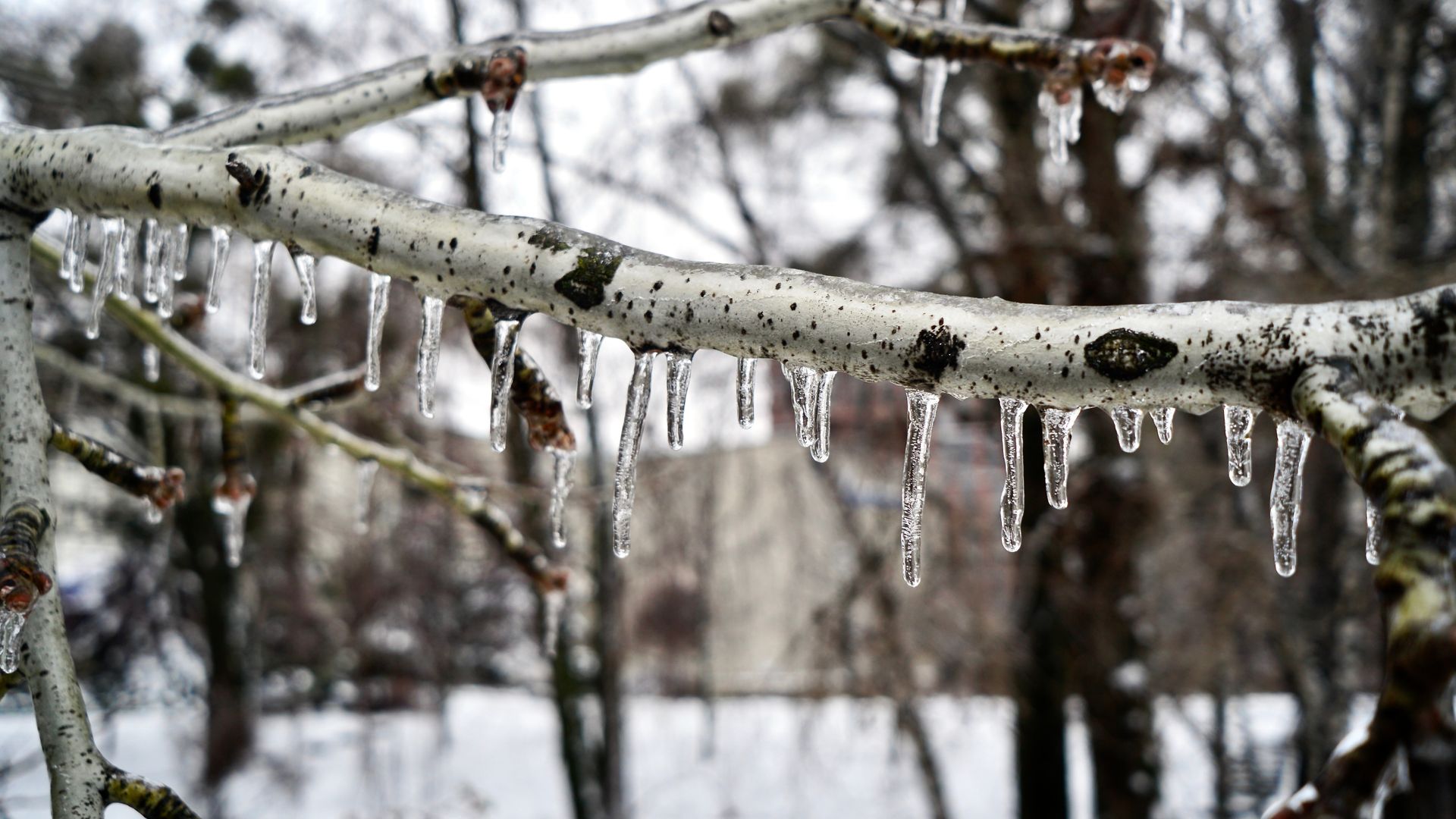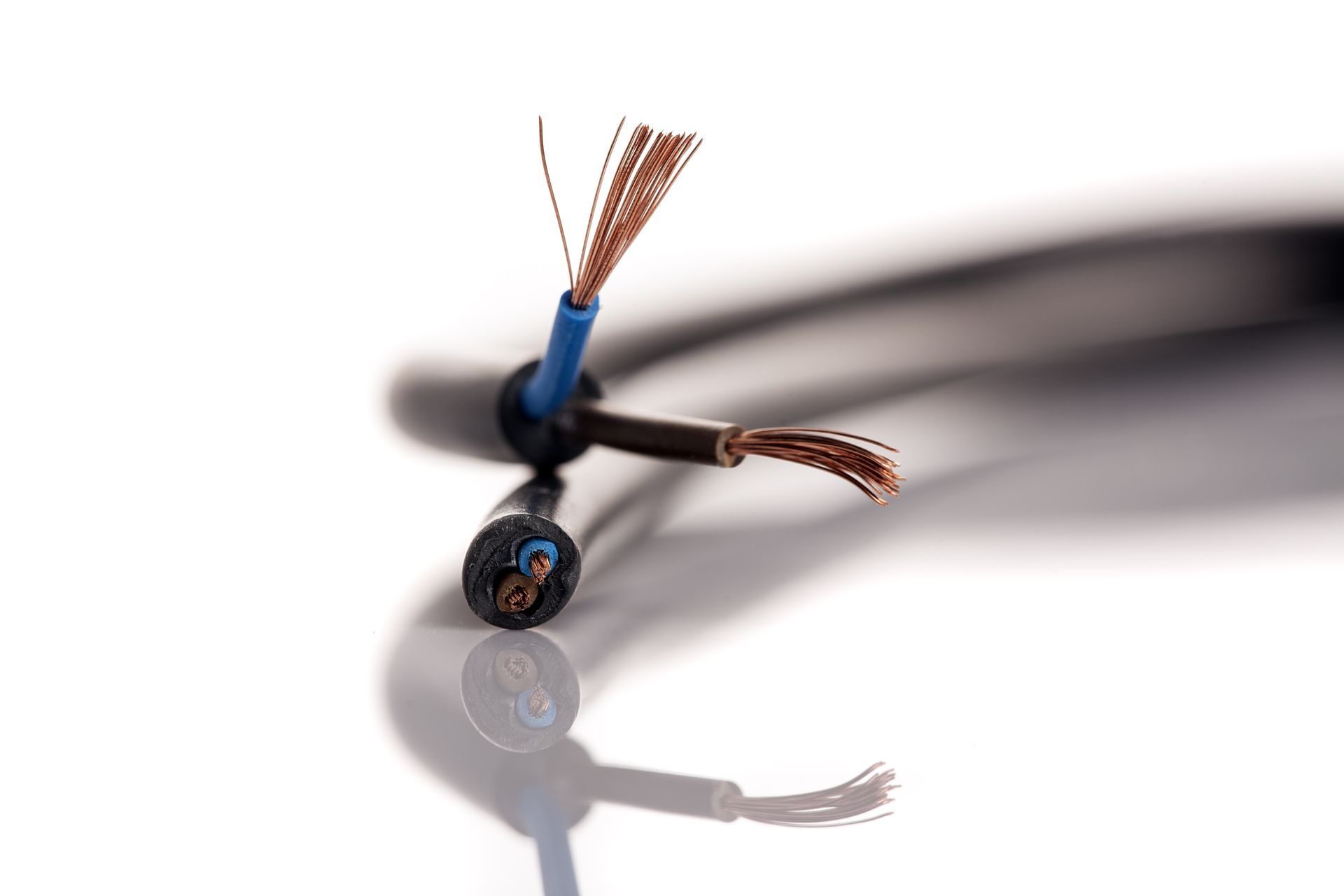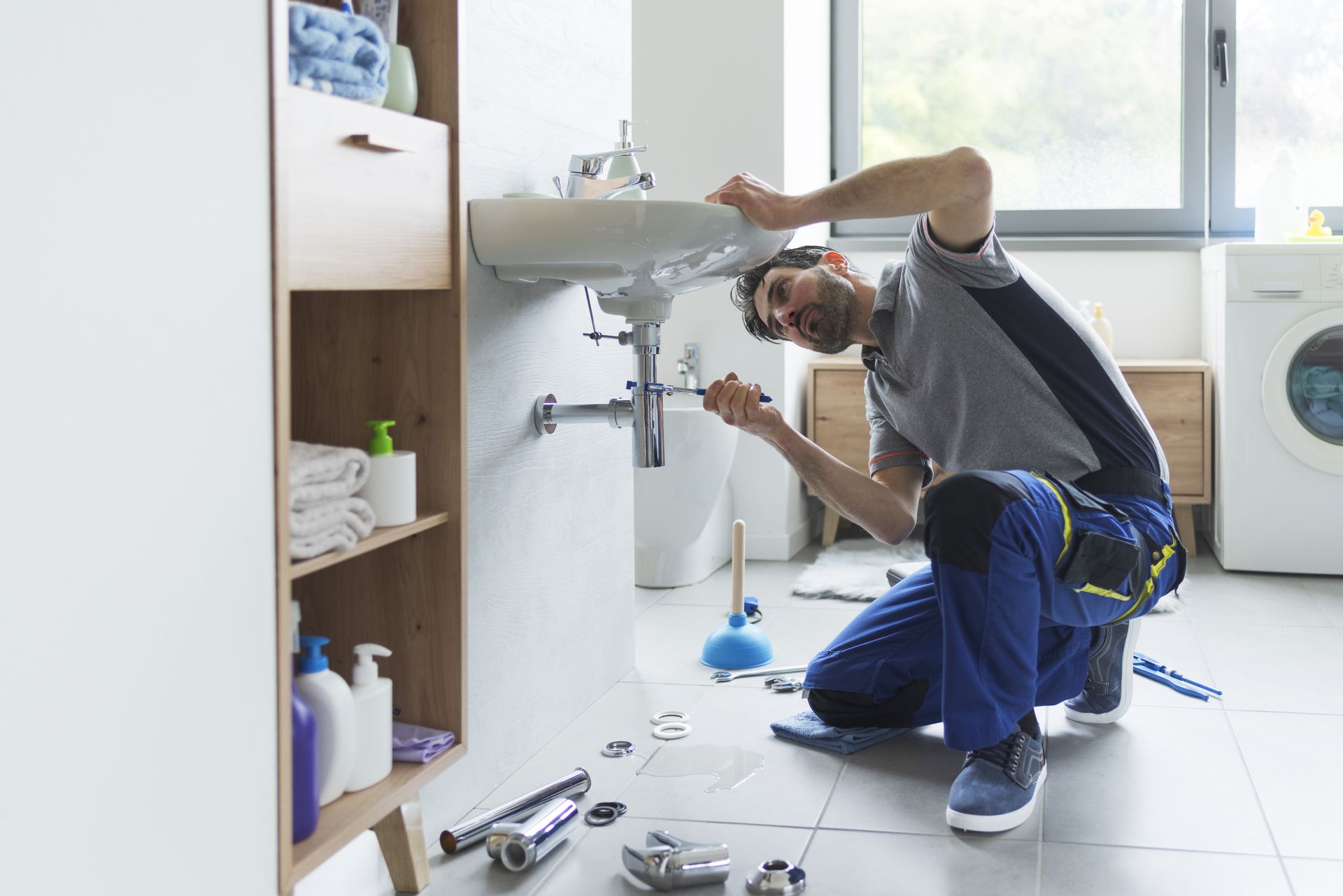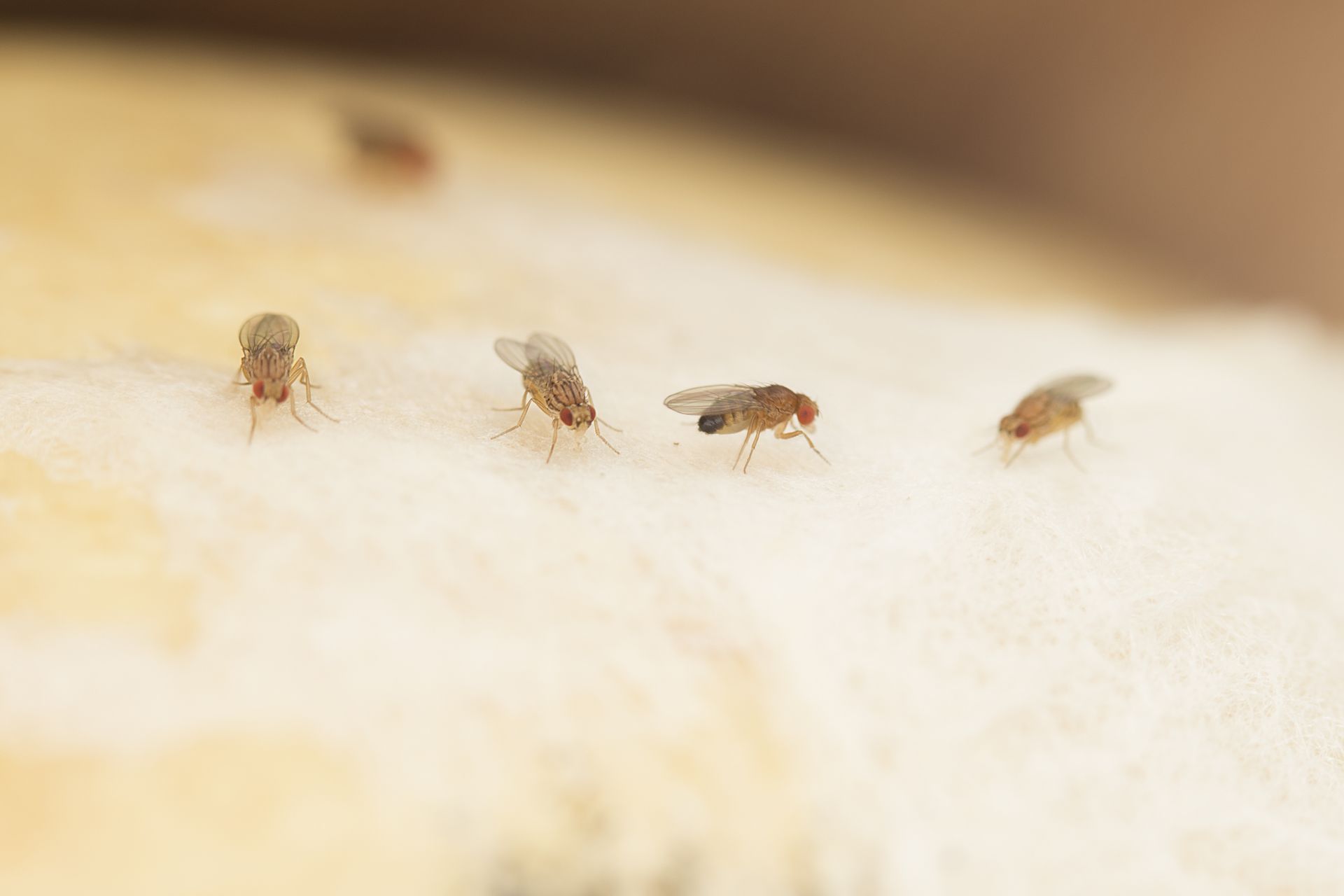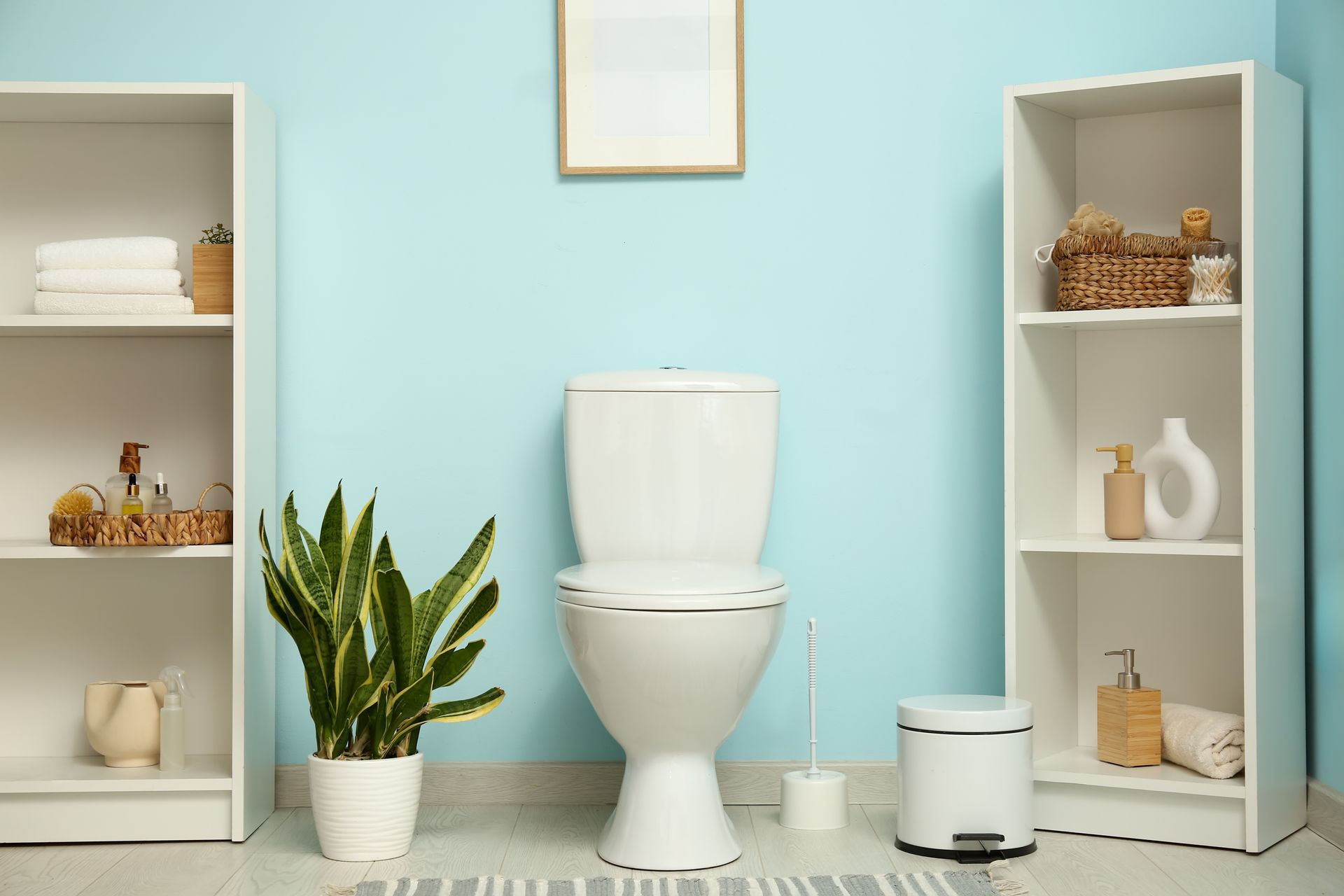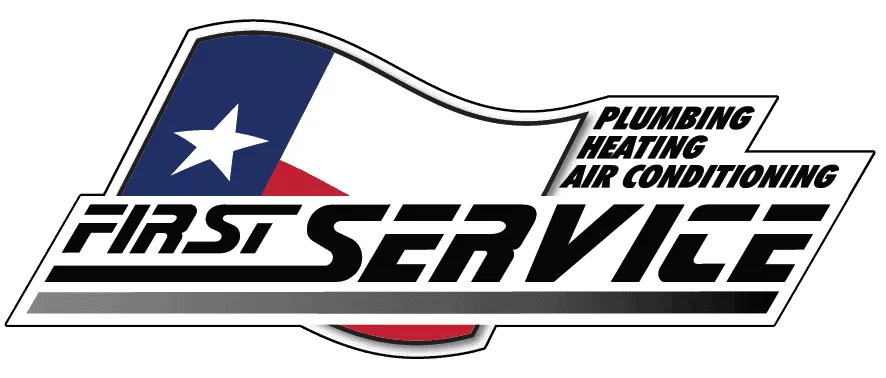How Hard Water Impacts Water Heaters in West Texas
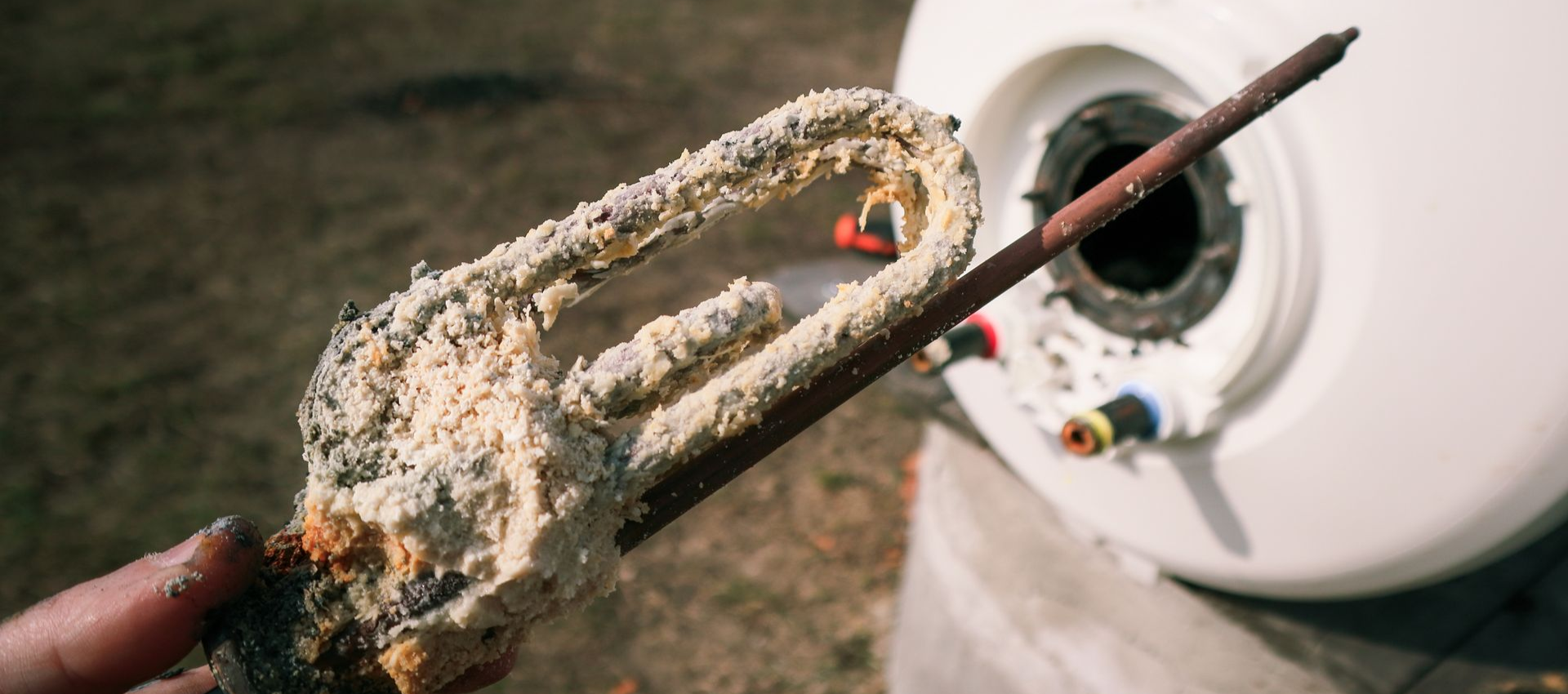
In West Texas, hard water is a common challenge for homeowners, largely due to the presence of limestone in the local water supply. While limestone isn’t harmful to people or animals, it can cause problems for your water heater. Let’s take a close look at those issues and what homeowners can do to protect their units from the negative effects of hard water. But before we dive in, it’s important to understand: what exactly is hard water?
Hard Water Explained
When water contains higher levels of calcium and magnesium, it’s categorized as hard water. These minerals are picked up as water flows through rocks and soil before reaching your home. Unlike soft water, which has few dissolved minerals, hard water feels slightly “heavier” and can leave residue behind when it evaporates. Oftentimes, the residue can cause issues to arise with your plumbing, especially when it comes to your water tanks:
Leads To Drain Clogs
As water flows through your system, minerals like calcium and magnesium settle at the bottom of the tank and form sediment buildup. Over time, this sediment can block the drain valve, making it difficult to properly flush the unit. Not only does this create clogs, but it also reduces the space inside the tank, leaving less room for hot water storage.
Causes Corrosion
Mineral buildup can corrode the components inside your water heater, some of which include the anode rod, tank lining and heating elements. If left unchecked, these parts will have to be replaced prematurely. Corrosion will also weaken the tank’s structural integrity, increasing the risk of leaks and potential water damage.
Makes Your Water Heater Work Harder
Hard water can also make your water heater less efficient by causing scale buildup on the heating elements. As minerals collect and harden, they create a barrier that forces the unit to work harder to heat the same amount of water. This can cause several issues, including:
- Longer wait times – Homeowners and their family members have to wait longer for the heater to produce hot water.
- Higher bills – Reduced efficiency drives up your energy usage, which can lead to more expensive utility bills.
- Shortened lifespan – This added strain accelerates wear and tear on vital components, cutting down the overall lifespan of the unit
- Unexpected repairs – additional wear can cause unexpected breakdowns far sooner than they would with a properly maintained system.
Signs of Hard Water in Your Water Heater
Popping Noises
If you hear a popping or hissing sound coming from your water heater, it’s likely that hard water is causing issues with your water heater. When sediment accumulates at the bottom of the tank, it can trap water underneath. As the water heats up, it bubbles underneath the sediment, creating unusual noises.
White Residue on Components
Another common sign of hard water in your water heater is a white, chalky residue on its components. This residue is made up of calcium and magnesium deposits that harden as water heats inside the tank. In some instances, the buildup can be seen on the heating elements, valves and connections.
Rust-Colored Water
Rust-colored water coming from your taps can also indicate hard water issues in your water heater. Mineral buildup speeds up corrosion inside the tank, which can cause rust to mix with your hot water supply. As a result, your hot water may appear to have an orange tint when coming out of the faucet.
How Is Hard Water Treated?
- Softeners – A water softener removes minerals like calcium and magnesium before they reach your water heater, preventing scale buildup and corrosion.
- Flushing – Regularly flushing your water heater helps wash out sediment that hard water leaves behind, reducing the risk of clogs and efficiency loss.
- Heat pump water heaters – These systems are less prone to mineral damage because they operate more efficiently at lower heating temperatures, which reduces scale formation from hard water.
Water Heater Issues? Our Team at First Service Can Help!
Need help with your water heater? Our team at First Service is ready to assist! We proudly serve homeowners throughout the Midland area with prompt and reliable service.
Whether you’re dealing with rusty water or inconsistent temperatures, we provide professional service you can depend on. Call us at 432-547-6336 to schedule a consultation. To learn more about our other services, including HVAC repair and replacement, click the link here.
